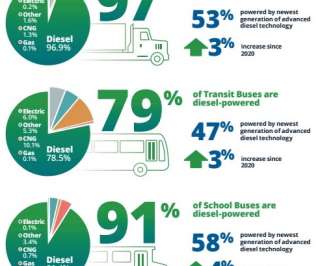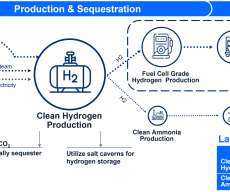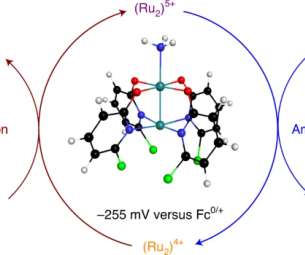UW Madison team finds methylbutenol a potentially promising biofuel for blending with gasoline
Green Car Congress
JUNE 5, 2022
A team at the University of Madison-Wisconsin studied critical sooting equivalence ratios and subsequent particulate formation during spark-ignition combustion for blends of ethanol, isobutanol (2-methyl-1-propanol), and methylbutenol (2-methyl-3-buten-2-ol) with gasoline using premixed prevaporized (PMPV) fueling. 2022.124638.





































Let's personalize your content